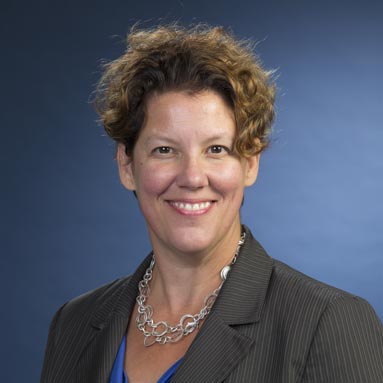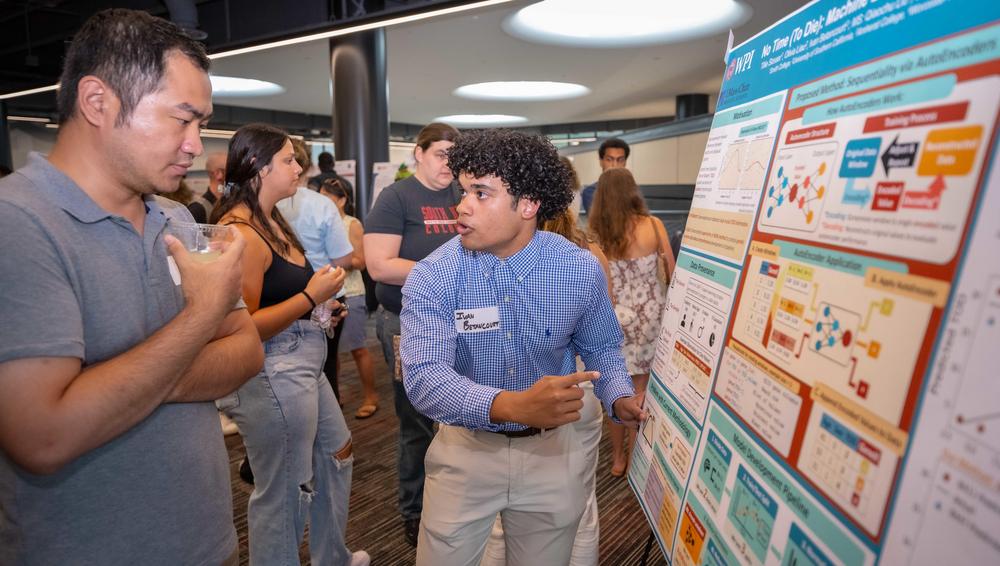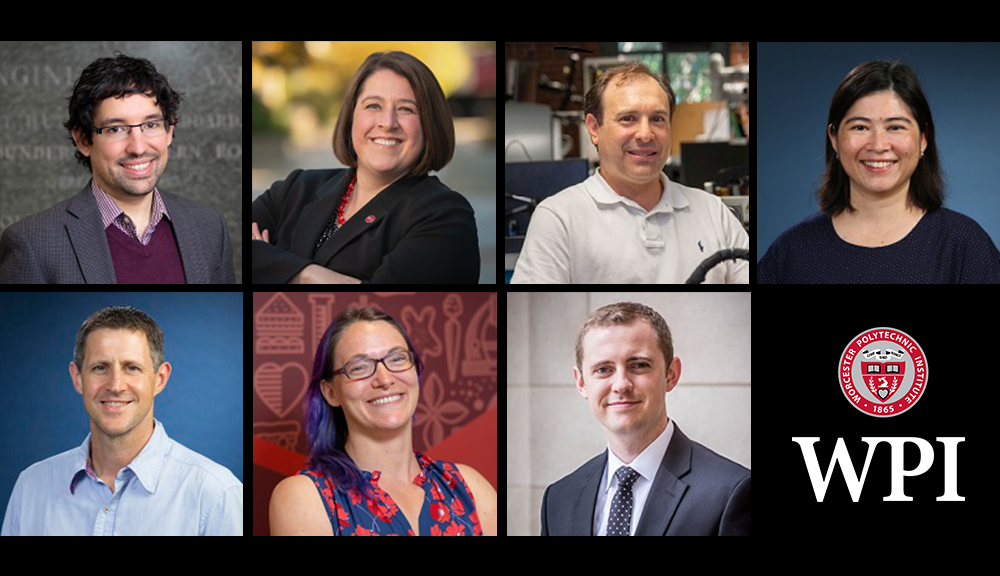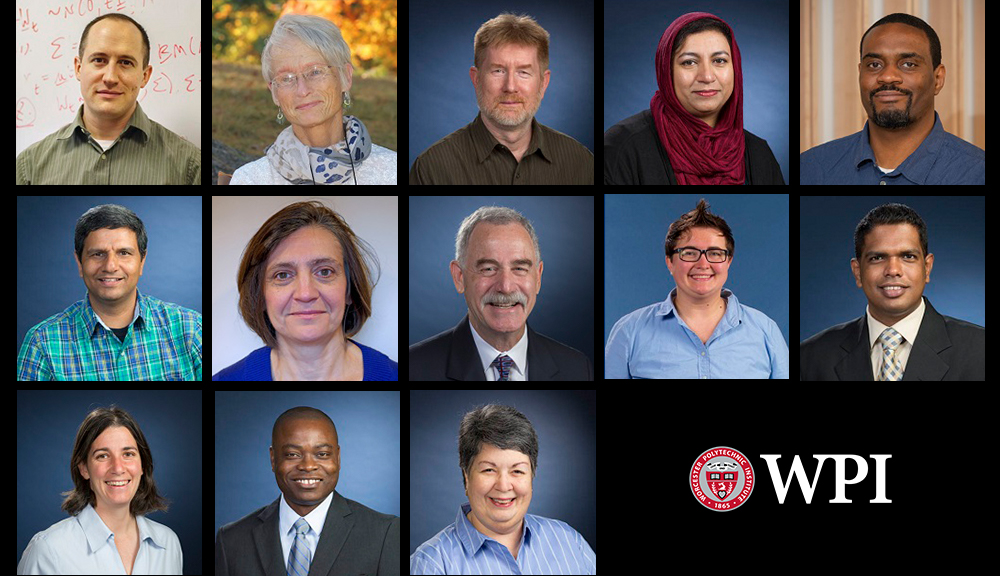A team of researchers, including Foisie Business School Assistant Professor Elizabeth Long Lingo, has been awarded a $998,053 grant from the National Science Foundation to examine the systemic biases that undermine the efforts of women and under-represented minorities to advance to full professor of information technology at colleges and universities.
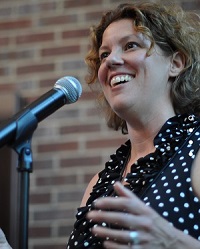
In partnership with the Association for Information Systems (AIS), the team will conduct research and develop best practices for identifying and mitigating barriers to women’s promotion to full professor. In the United States, women make up only about 20 percent of IT full professors.
“Associations play an essential role in scholars’ advancement to full professor—it’s where people are seen, meet up with collaborators, take on resume-building leadership roles, and develop ties to journal editors and conference organizers,” Long Lingo says. “Our team has found that in IT, professional associations play a particularly important role for women and other underrepresented minorities who want to advance to the rank of full professor. In contrast to their home institutions or departments, associations are the locus for belonging and retention in the field. That’s why it is so important to focus on associations and their role in fostering more equitable outcomes.”
Long Lingo is co-principal investigator of the three-year project, “ImPACT IT: Increasing the Participation and Advancement of Women in Information Technology." Principal investigator is Eleanor Loiacono, formerly of WPI and now associate professor at the College of William and Mary. Lakshmi Iyer, professor at Appalachian State University, also is a co-PI.



